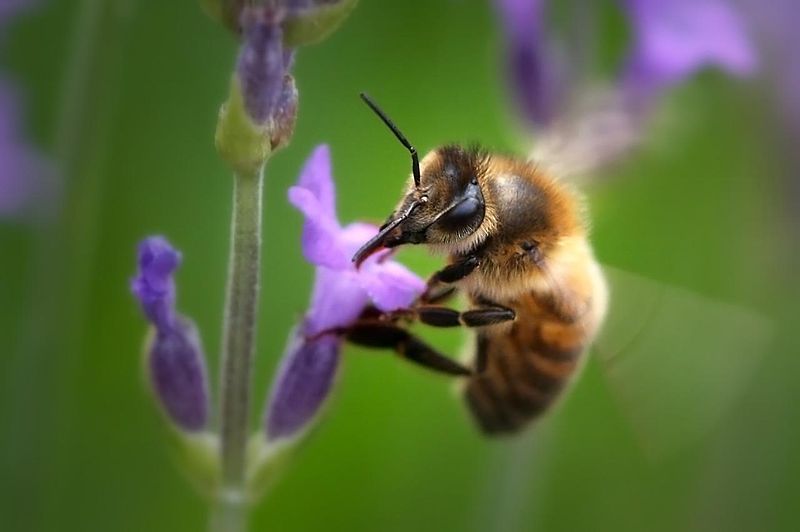
Londoners are being encouraged to count all the bees, butterflies, and moths they see on Monday as part of what is believed to be the first annual city-wide pollinator
count. This initiative aims to gather more data on the health of pollinators in the capital.
Pollinating London Together (PLT), a charity dedicated to improving conditions for native pollinators, is spearheading the survey, labeling the current situation as "unsustainable." Naturalists, city workers, and schoolchildren have been invited to participate in the event, which the charity hopes will "become an annual highlight of the capital’s ecological calendar."
Dr. Konstantinos Tsiolis, a pollinator ecologist at PLT, noted that native species, such as wild bees, are declining due to habitat loss and climate change. A 2023 report by PLT revealed that honeybees make up 57% of all pollinating insects in the City of London, despite being only one of the UK's 270 bee species.
“Most people associate bee decline with honeybees, as it’s often the only bee they know," said Dr. Tsiolis. "As a result, some gardeners and businesses assume they can help by introducing a beehive to their garden or rooftop. This has led to large honeybee colonies in urban areas, which are unsustainable.”
The ecologist emphasized the importance of preserving biodiversity in urban environments to prevent any single species from becoming too dominant. "We need a diversity of bee species and other pollinators such as butterflies, beetles, and wasps to be truly sustainable. The more people who join the pollinator count, the more accurate our understanding of the situation will be," he added.
The count is being organized in cooperation with the City of London Lord Mayor, Michael Mainelli, who said the scheme would help "protect our precious pollinators."
Anyone can participate in Monday's count by downloading the FIT app to register the pollinators they observe. Photo by photophilde, Wikimedia commons.


































